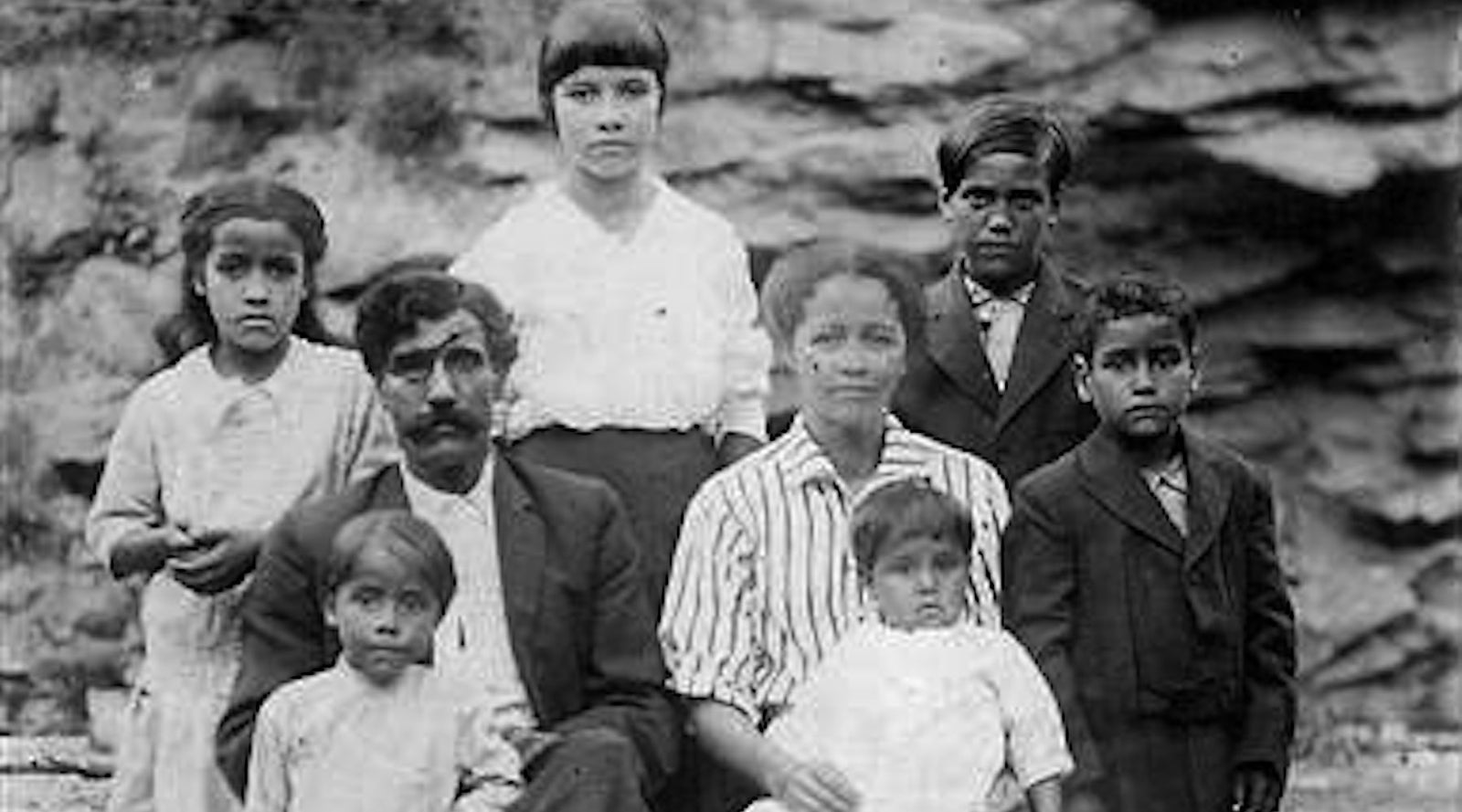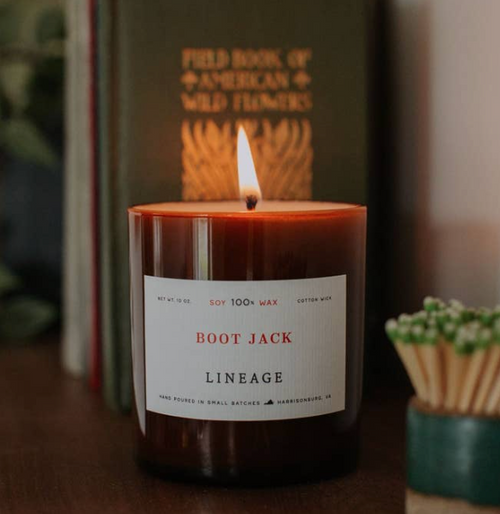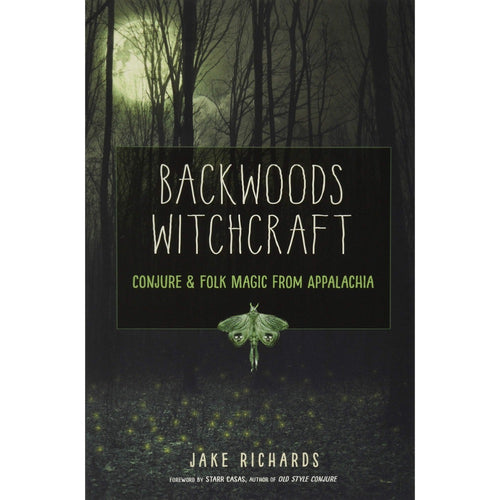
Arch Goins and family, Melungeons from Graysville, Tennessee, via Wikipedia.
Nowadays, it seems that every other black-haired, mountain dweller claims Melungeon roots. The name refers to a specific set of families. Traditionally dark-featured and visibly different from their white, black and Native American neighbors, they have lived in southwest Virginia and northeast Tennessee for centuries.
Their ethnic origin has been a source of debate for nearly as long. Over the years, they've been called American gypsies, descendants of the "lost colony" of Roanoke, and members of a wayward Israeli tribe. Many Melungeon's themselves claim that their ancestors are Portuguese; some identify as Native American; and still others profess to have originated in Africa.
This ambiguity made early Appalachian whites suspicious. They isolated the Melungeon's to their own small communities in places like Newman's Ridge and the Blackwater Valley of Tennessee.
Early references to the group speak volumes. Dating to 1813, minutes from an area church describe someone as "harboring them Melungins." This less than neighborly phrasing suggests that area congregants regarded the group with disdain, and according to the Melungeon Heritage Association, the discrimination did not end there. In nearly a dozen court cases, the ethnicity of Melungeon people was challenged, including one case in which several members of the group were tried for illegal voting. They were accused on the grounds that they were not white and therefore ineligible to cast a ballot. While they were acquitted, this kind of legal discrimination, along with a general social stigma, dogged the Melungeons well into the twentieth century.
It wasn't until the 1960s, when other racial groups found a new pride in their identity, that the Melungeon's revisited their own. Rather than reject the name that had been used against them, they reclaimed it.
Ever since, popular interest in the group has grown. Melungeons have inspired news articles across the country; several books; the 2007 documentary Melungeon Voices; and at least one song called "Little Carmel." Performed by the rock band The Ready Stance, the tune riffs on the questions surrounding these now notable people:
Little Carmel
Try to trace the roots along
Melungeon family tree
Each branch divides in triad
Settler, slave, Cherokee
Outcast, exiled miles behind
Some seaside colony
Legend holds in manifold
Dash Turk or Portuguese...
Once an ethnic mystery has been memorialized in song, you know it is the stuff of legend, but that legend is slowly being unraveled. A recent DNA study, published in the Journal of Genetic Genealogy, dove deep into the backgrounds of Melungeon families. The researchers compared the families' oral histories, documentation such as court records, and DNA patterns. They found that, in spite of a wide range of ethnic claims, the overwhelming majority of their subjects were the offspring of men who originated from sub-Saharan Africa and women from northern or central European. That is, Melungeons are the most common kind of mixed-race in the United States--black and white.
A conflicting study, conducted at University of Virginia College at Wise, claims to have found more complex DNA evidence with a different sampling of Melungeons. While this research has not been peer reviewed, it states that "about 5 percent of the DNA indicated African descent, 5 percent was Native American, and the rest was 'Euroasian,' a group defined by clumping together Europe, the Middle East and India," according to a 2012 article in Wired Magazine.
It seems the Melungeon debate continues. Researchers are jockeying to crack the group's ethnic code, and their DNA evidence is undoubtedly inching us closer to a final answer.
This, of course, begs a whole new set of questions. What happens to the Melungeons once their mystery is solved? Will they still inspire songs? Will people still clamor to claim Melungeon roots when they know exactly what that means? Will journalists and bloggers like me still bother to write about this unusual clan, or will they fade into history, another mixed-race group assimilated into the mainstream?














